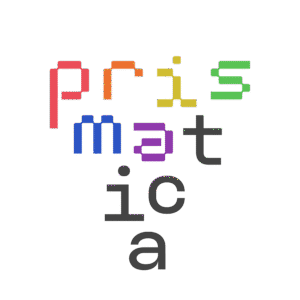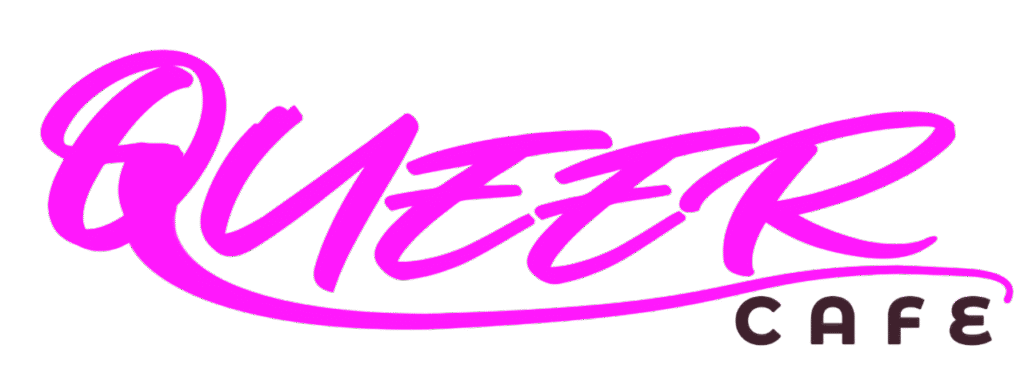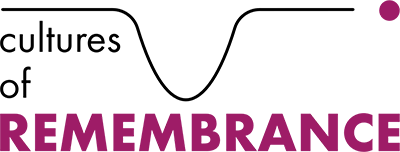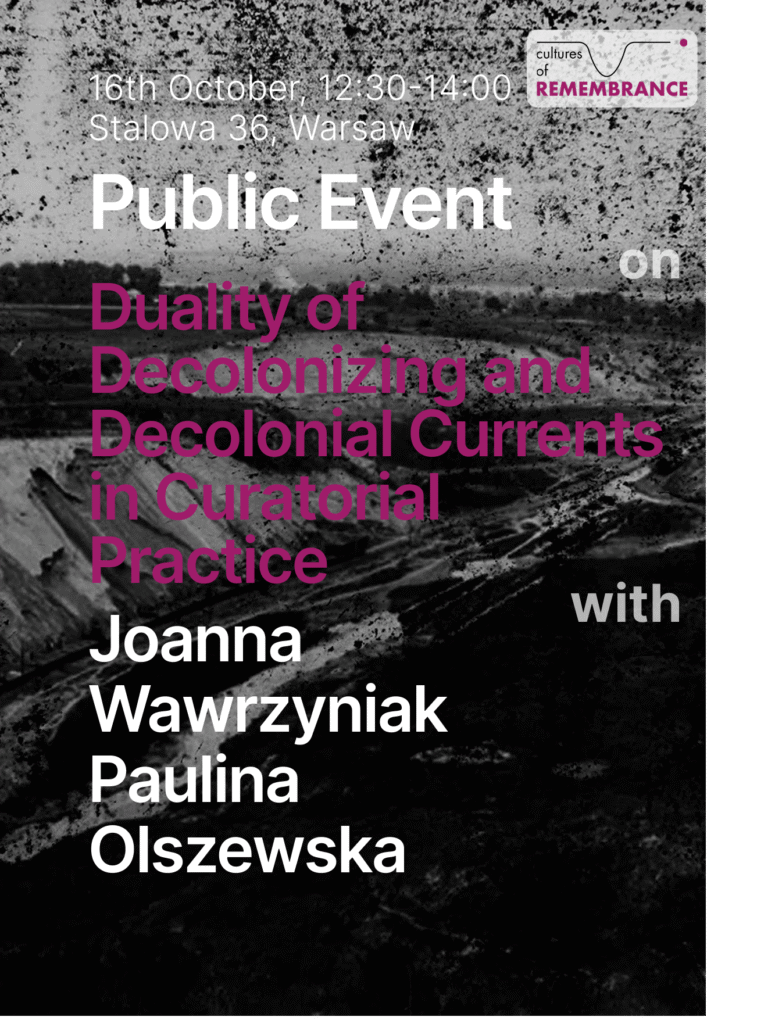We will meet and learn together in Warsaw from 15th till 19th of October. The participants of the trip are project partners and also external people, with whom we want to work closely on the topic in the next year. We will collect the perspectives from Belarus, Germany, Kazakhstan, Moldova, Poland, Ukraine, Uzbekistan.
Inputs and public events
Most of our events are public. So, if you are in Warsaw or have friends/colleagues, who might be interested in joining our discussions on site, please, feel free to join or spread the word.
Duality of Decolonizing and Decolonial Currents in Curatorial Practice
Who: Joanna Wawrzyniak and Paulina Olszewska
When: 16th October (Thursday) 12:30-14:00
Where: MIT Space, Stalowa 36, Warsaw
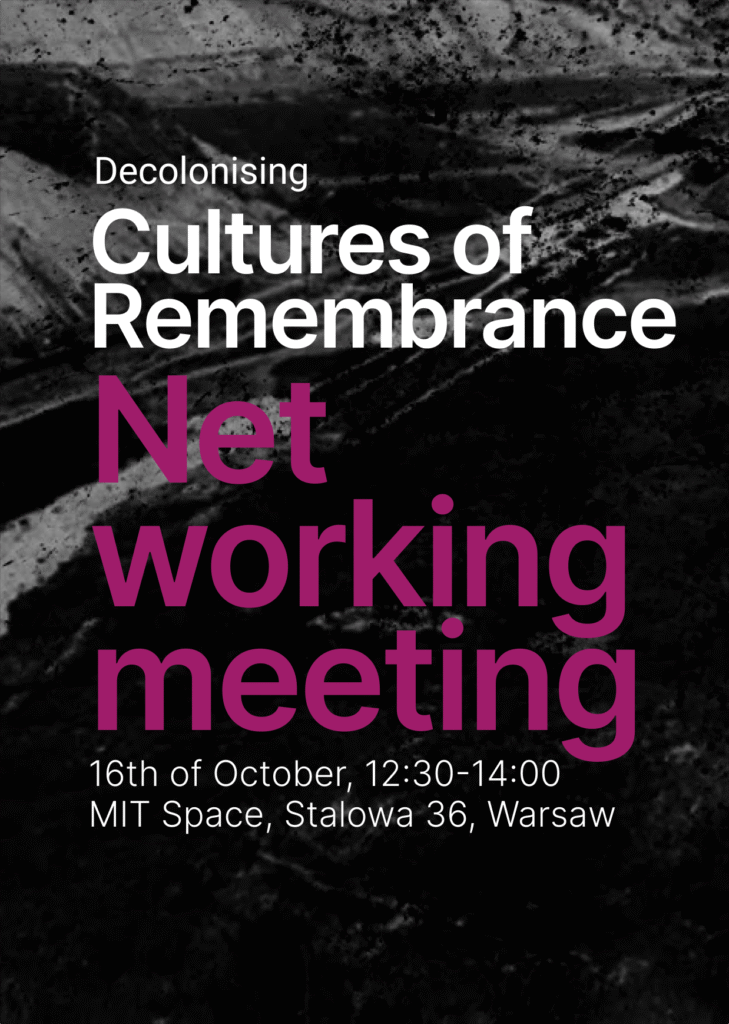
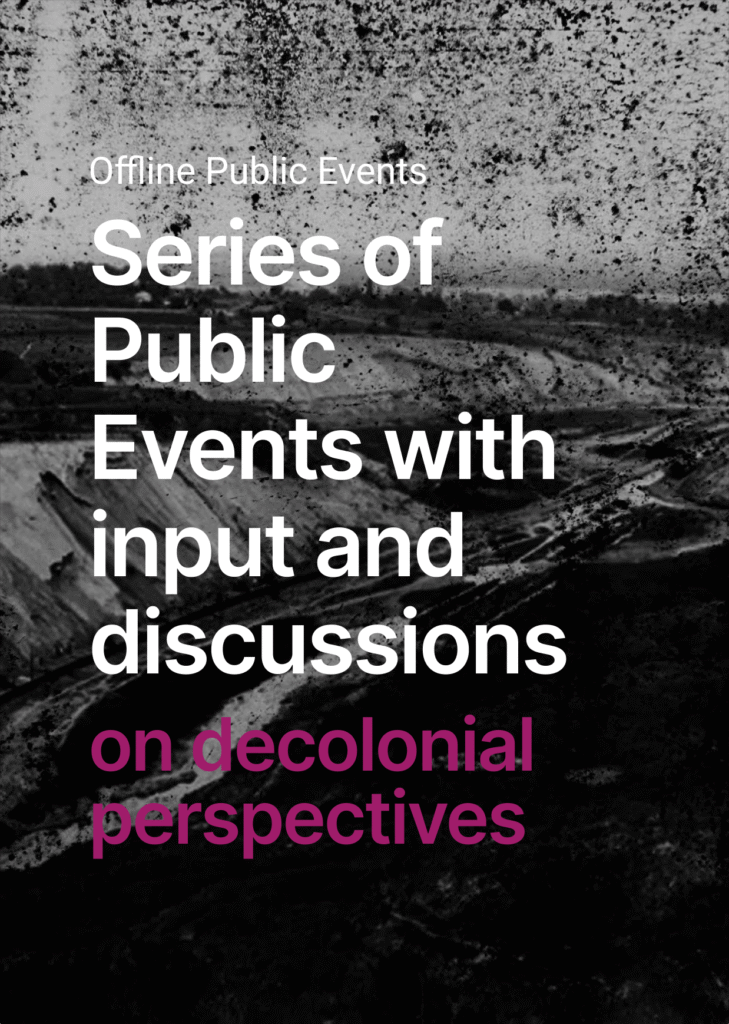
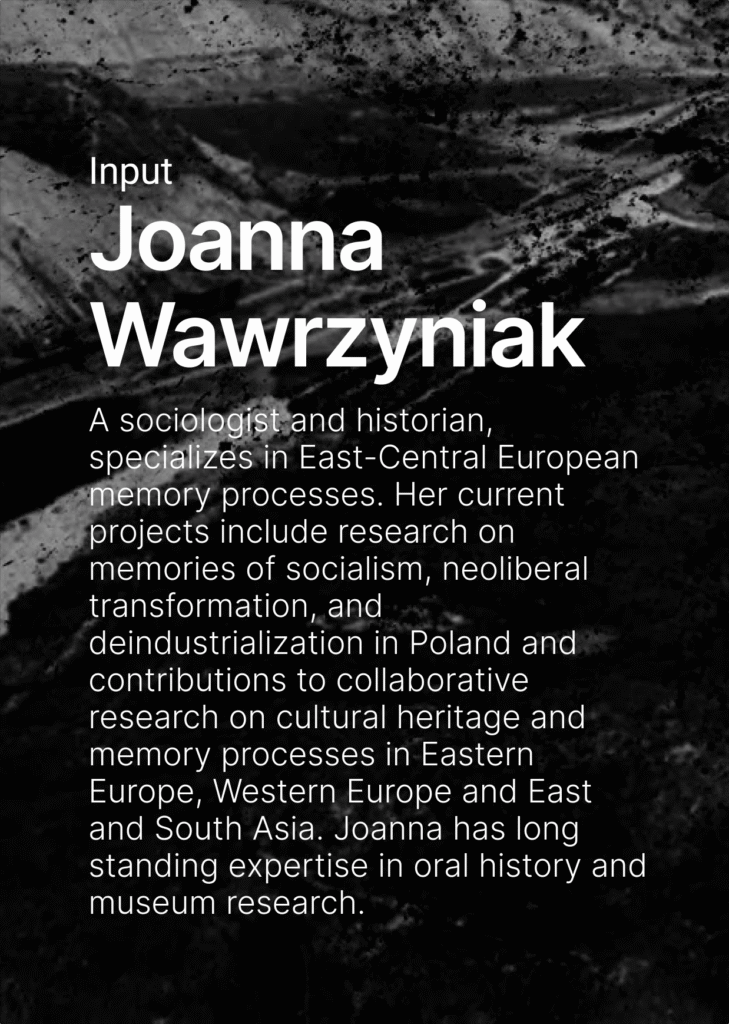
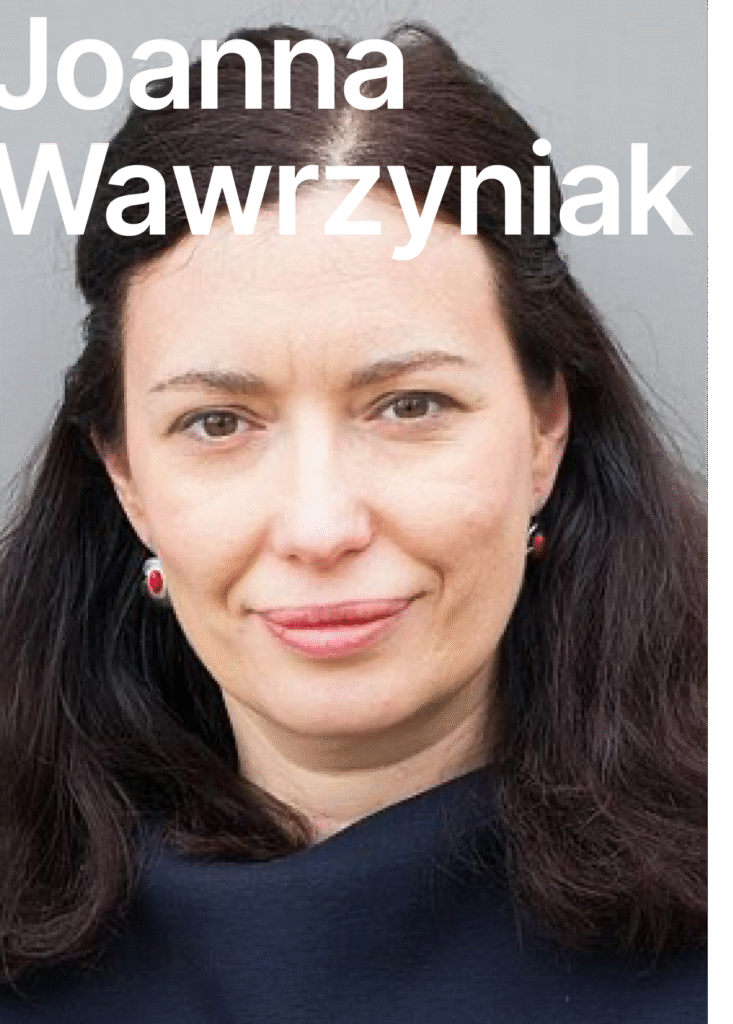
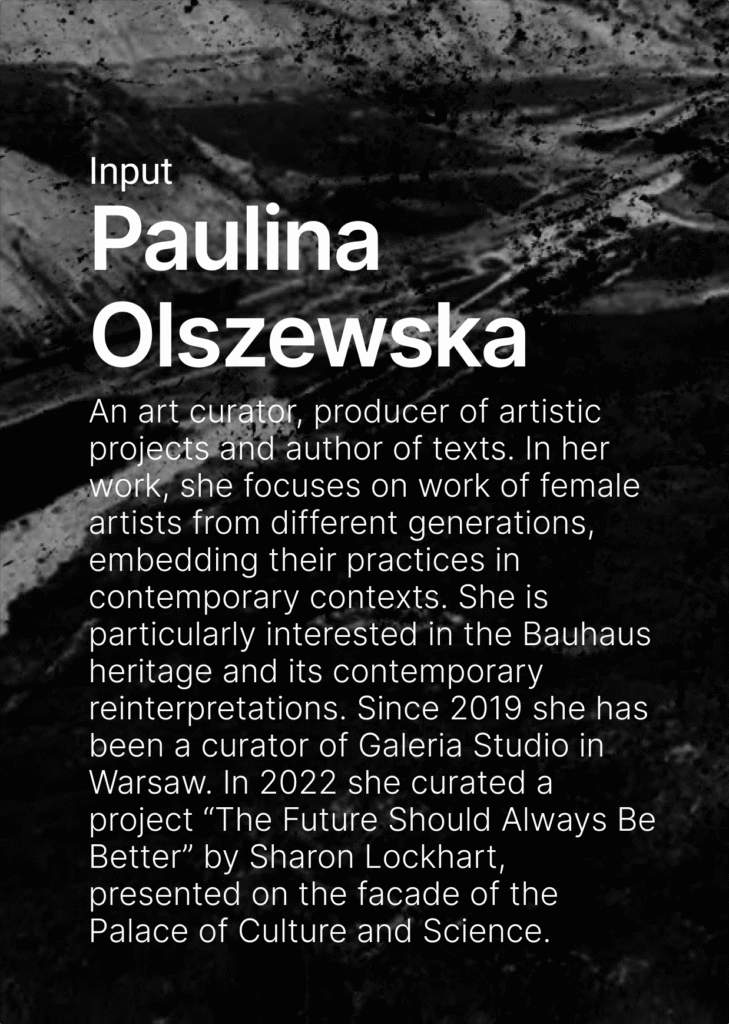
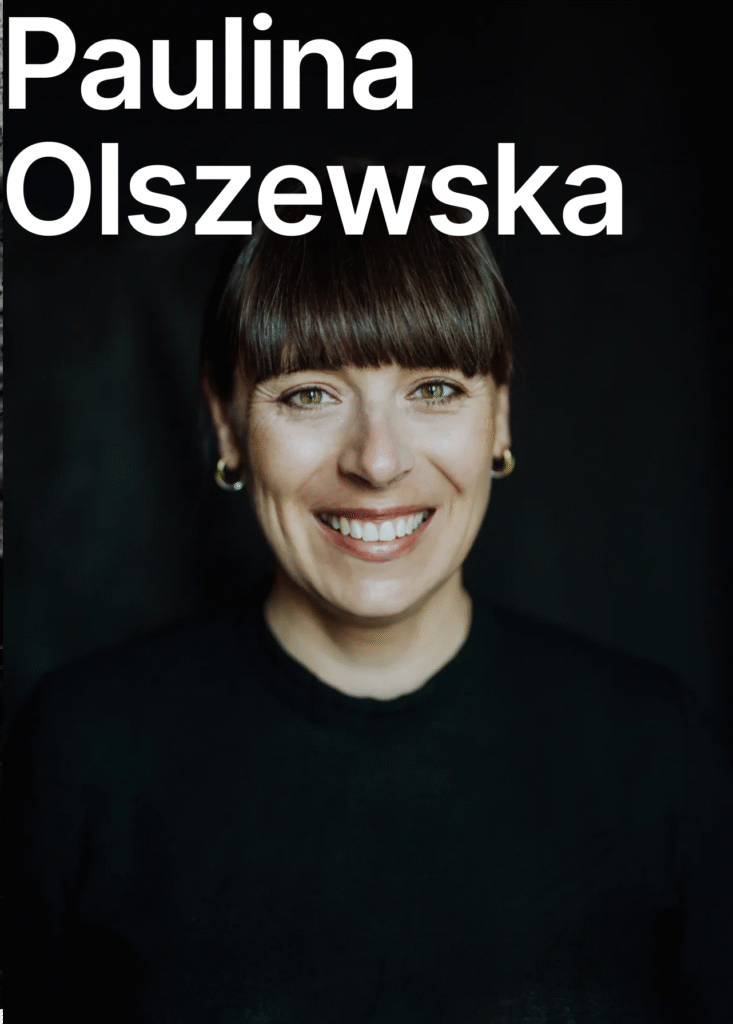
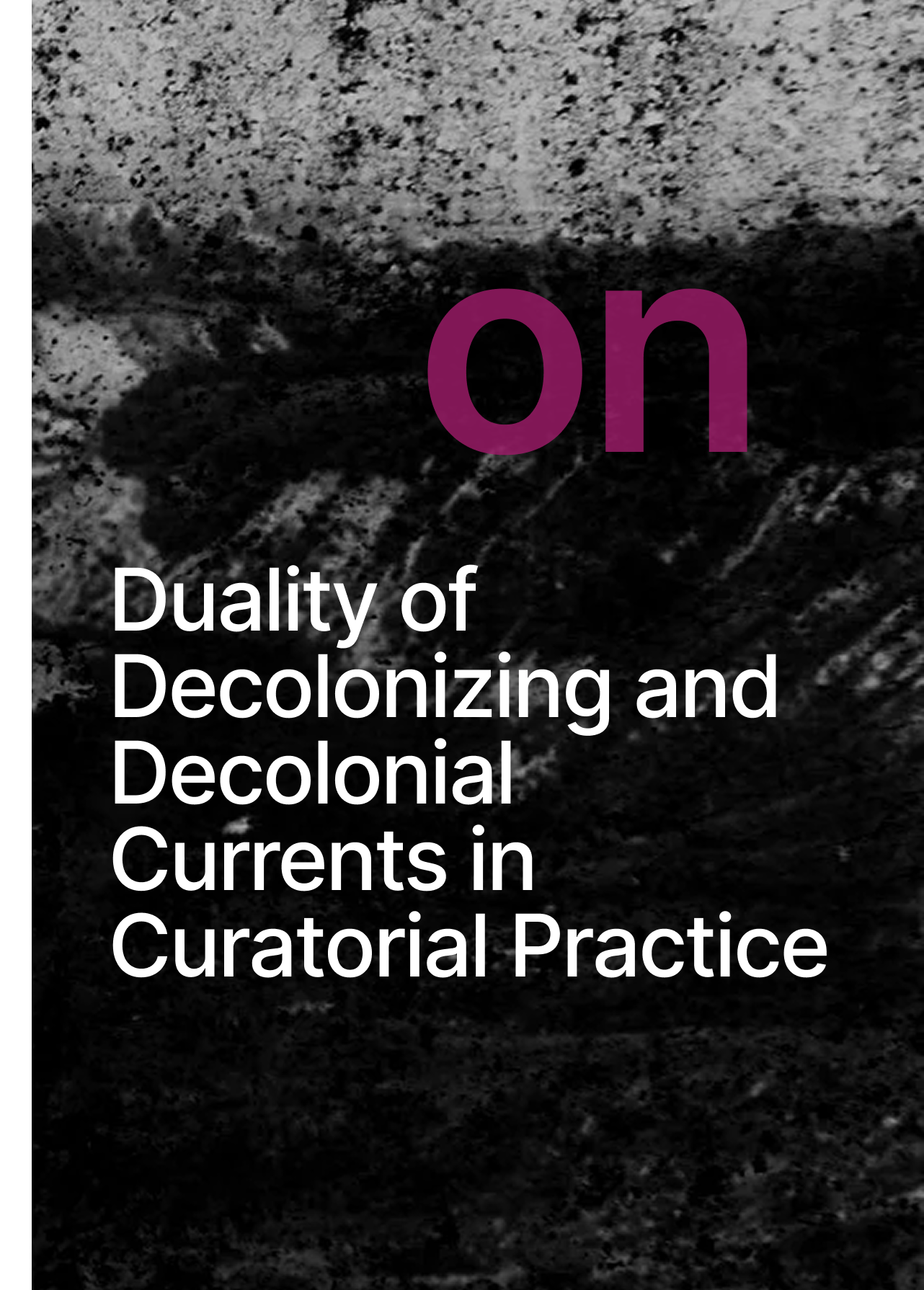
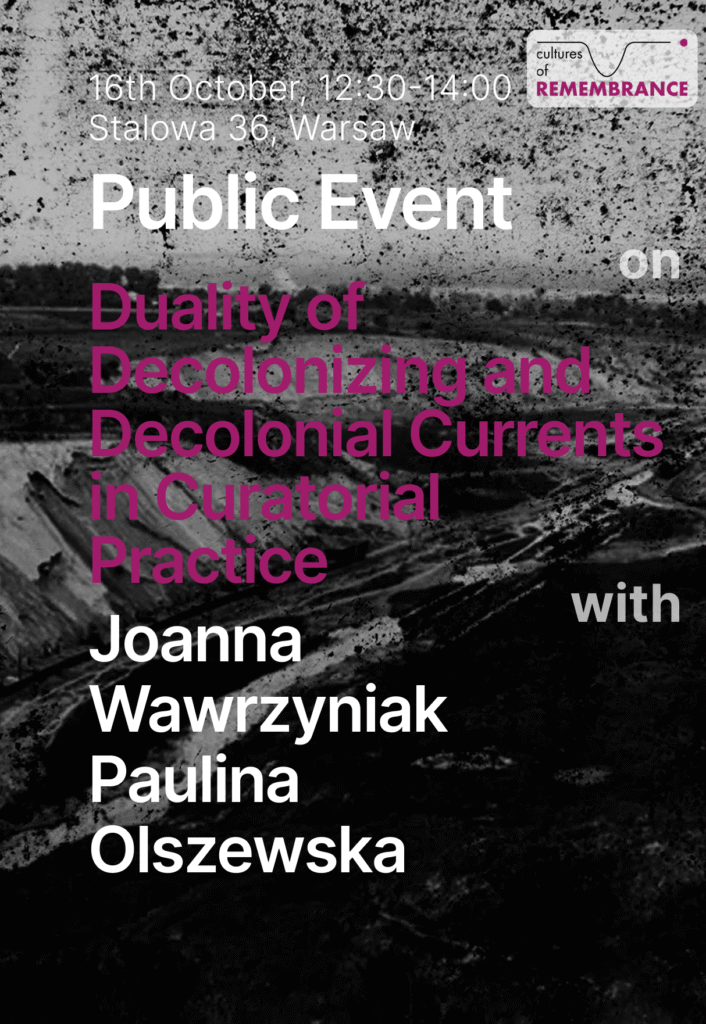
Estimated Work Amount
There is no prior reading or preparation required.
Barriers
All bodies, backgrounds, and levels of experience are welcome.
- the venue MIT Space is located on the forth floor of an old building. To get there, you will have to climb rather steep wooden stairs. There is no elevator available. To get into the yard, you have to enter the code #1981# on the wooden door. Once you are in, go through the arch into the inner yard. There turn right to another entrance with three small stairs. The code to this door is #1410#. You can look through the instruction once again here if you have an instagram account https://www.instagram.com/s/aGlnaGxpZ2h0OjE4MDE3MTA1MjQ5MTk5NzE5?story_media_id=3508296398101558357_66168615150&igsh=MXN4NDdscWJrM3VjZw==
Language
English spoken language.
Costs
The event is free of charge. If you feel like you want to support the project, feel free to donate though 🙂 E.g. on Betterplace with a click on the following link: https://www.betterplace.org/de/projects/85789-educat-e-v-politische-bildung-in-ostdeutschland
Facilitators
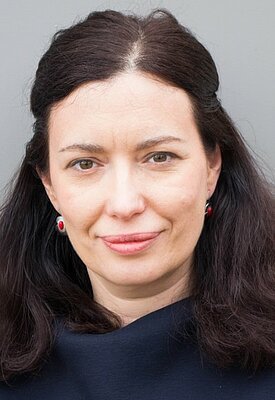
Joanna Wawrzyniak
Joanna Wawrzyniak, sociologist and historian, specializes in East-Central European memory processes. Her current projects include research on memories of socialism, neoliberal transformation, and deindustrialization in Poland and contributions to collaborative research on cultural heritage and memory processes in Eastern Europe, Western Europe and East and South Asia. Joanna has long standing expertise in oral history and museum research. She has published, among others, in Heritage and Society; Memory Studies; Contemporary European History; East European Politics and Societies; and Polish Sociological Review. Her books in English include co-edited Memory and Change in Europe: Eastern Perspectives (2016); co-authored The Enemy on Display: The Second World War in Eastern European Museums (2015); and Veterans, Victims and Memory: The Politics of the Second World War in Communist Poland (2015).Her most recent co-authored book in Polish Cięcia. Mówiona historia transformacji(Cuts: Oral History of Post-Socialism, Wyd. Krytyka Polityczna 2020) won an award of POLITYKA weekly for the best historical book of 2020.
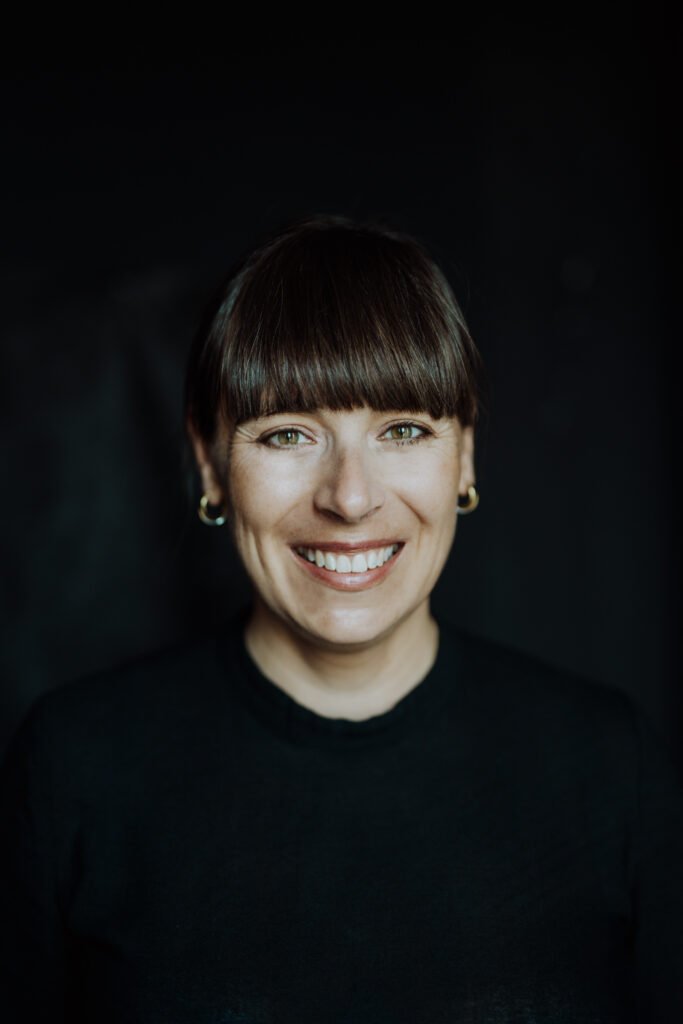
Paulina Olszewska
Paulina Olszewska is a curator, producer of artistic projects and author of texts. In her work, she focuses on work of female artists from different generations, embedding their practices in contemporary contexts. She is particularly interested in the Bauhaus heritage and its contemporary reinterpretations. She collaborated with, among others, Neues Museum in Nuremberg, Jindřich Chalupecky Association in Prague, Prater Galerie in Berlin, OP ENHEIM in Wrocław, Haus am Lützowplatz in Berlin, Kunstfest Weimar, Boris Lurie Art Foundation in New York, BWA Wrocław and Krakauer Haus in Nuremberg. Since 2019 she has been a curator of Galeria Studio in Warsaw. In 2022 she curated a project “The Future Should Always Be Better” by Sharon Lockhart, presented on the facade of the Palace of Culture and Science. In 2024, together with the Feminist Seminar, she organised an exhibition “We Want the Whole Life. Feminisms in Polish Art” at the State Art Gallery in Sopot. She lives in Berlin and Warsaw.
Photo: Sisi Cecylia
Initiators
Educat – Educational Collective
Educat e.V. is a collective of education workers from Dresden, Rostock and Berlin, who do diversity- conscious and critical education, work on remembrance and emancipatory and experimental educational formats. Together with a lot of partners and comrades Educat is facilitating Cultures of Remembrance since 2021.
Project partners
The project has been carried and inspired by a huge network of comrades, activists, artists and educators. For the recent episode of “Cultures of Remembrance” together with Educat Collective, there is Art Platforma, Human Constanta, Prismatica and Solidarity Collectives involved as main partners.
